Sales of Samsung's Foldable Phones Have Nosedived in China
Read more of this story at Slashdot.
Read more of this story at Slashdot.
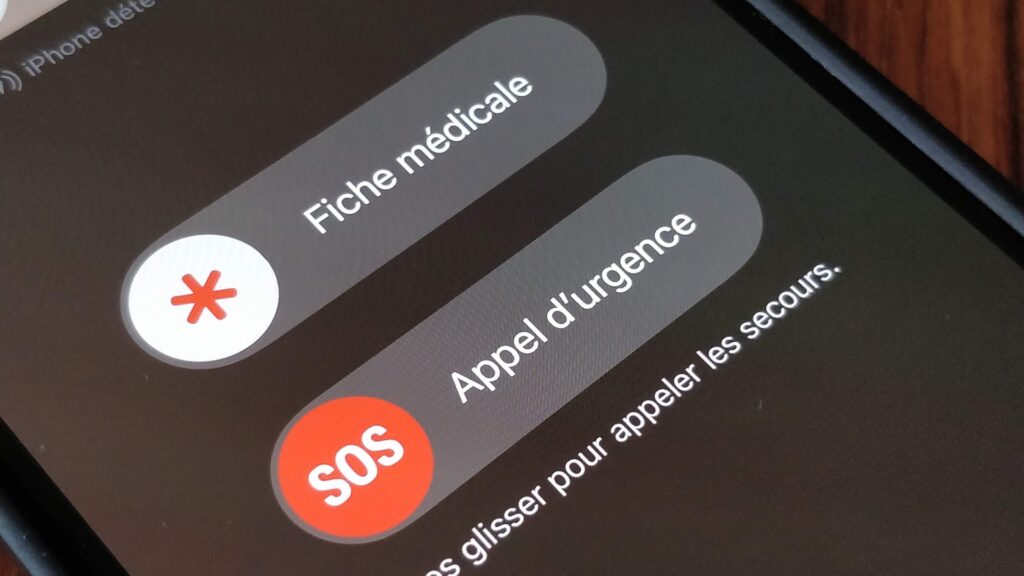
Vous faites un malaise, vous avez un accident, vous êtes inconscient ou désorienté. Il vaut mieux anticiper ces situations auxquelles on ne préfère pas penser, en configurant des contacts d’urgence sur son téléphone. Il existe une procédure sur l'iPhone et sur les appareils Android.
Read more of this story at Slashdot.
Read more of this story at Slashdot.
Read more of this story at Slashdot.
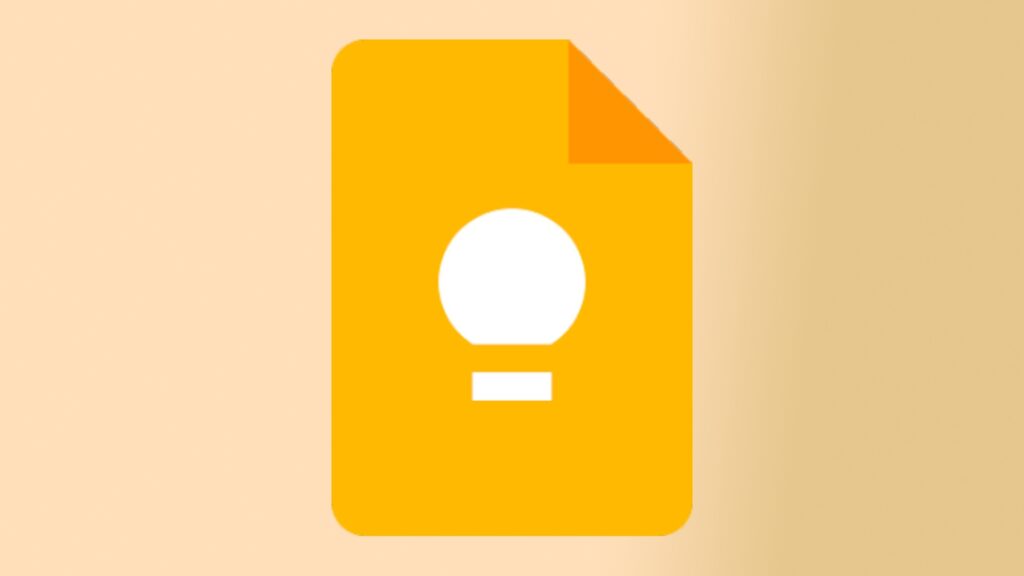
Après Stadia, Podcasts et One VPN, Google se prépare à faire le ménage dans Google Keep, son logiciel de prise de notes. L'application ne devrait pas être complètement supprimée, mais Google Tasks devrait récupérer une partie de ses fonctions.
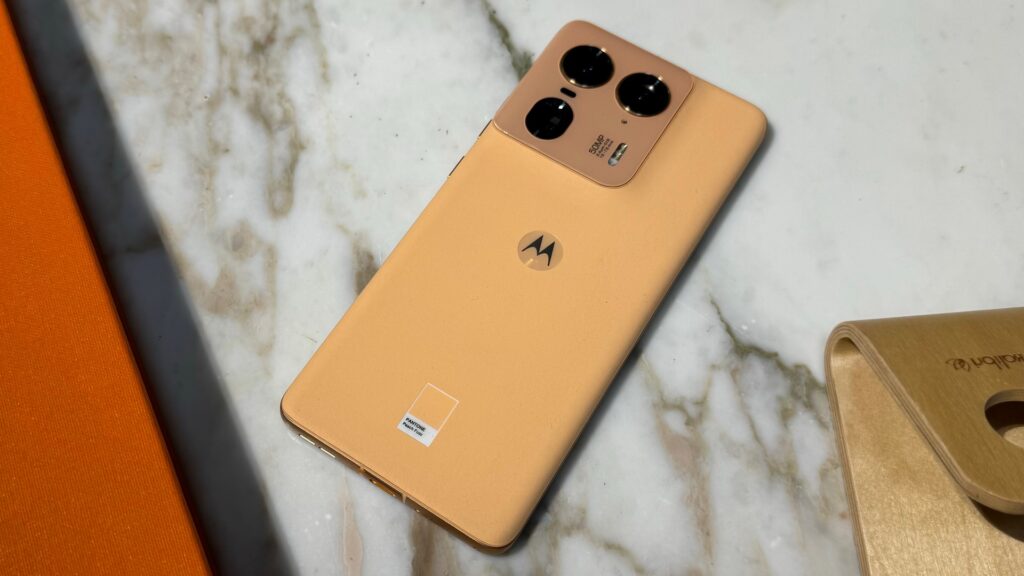
Les nouveaux Motorola Edge 50 Ultra, Edge 50 Pro et Edge 50 Fusion offrent des caractéristiques haut de gamme à des tarifs inférieurs à ceux de la concurrence. Avec cette proposition plutôt généreuse, Motorola espère séduire de nouveaux clients, notamment celles et ceux qui prennent beaucoup de photos et de vidéos.
Read more of this story at Slashdot.
Read more of this story at Slashdot.
![]()
[Deal du jour] Les Pixel 8 et 8 Pro de Google sont des smartphones premium, proposés à des prix élevés à leur lancement, surtout le modèle Pro. Avec cette double réduction, il devient bien plus intéressant.
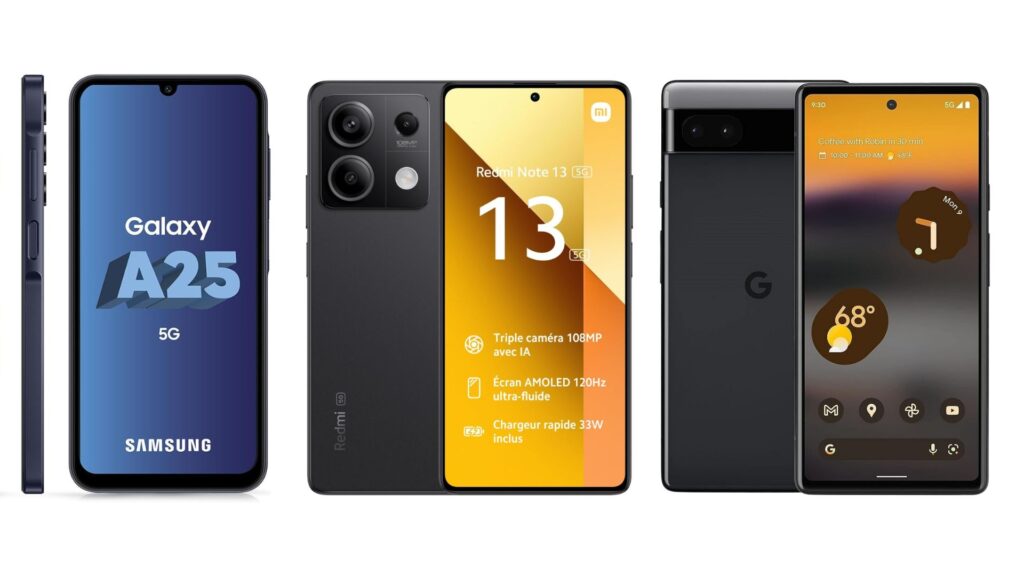
Que valent les smartphones milieu de gamme ? Si certains téléphones pas chers ne valent vraiment pas le coup, certains modèles abordables présentent un rapport qualité prix intéressant. C'est le cas de ces cinq smartphones à moins de 300 euros qui, selon nous, valent vraiment le coup grâce à leur fiche technique modeste et efficace.
![]()
Depuis le 11 avril 2024, Google propose aux propriétaires d'un smartphone Pixel d'installer Android 15 bêta, sa future grande mise à jour qui sera dévoilée le 14 mai. Pour l'instant, le nombre de nouveautés est très limité.
Read more of this story at Slashdot.

À chaque match de Ligue des champions, les réseaux sociaux s'interrogent sur les smartphones des footballeurs. La photo officielle de l'homme du match inclut toujours un drôle de smartphone, avec plein de caméras à l'arrière. Il s'agit en fait d'un partenariat.
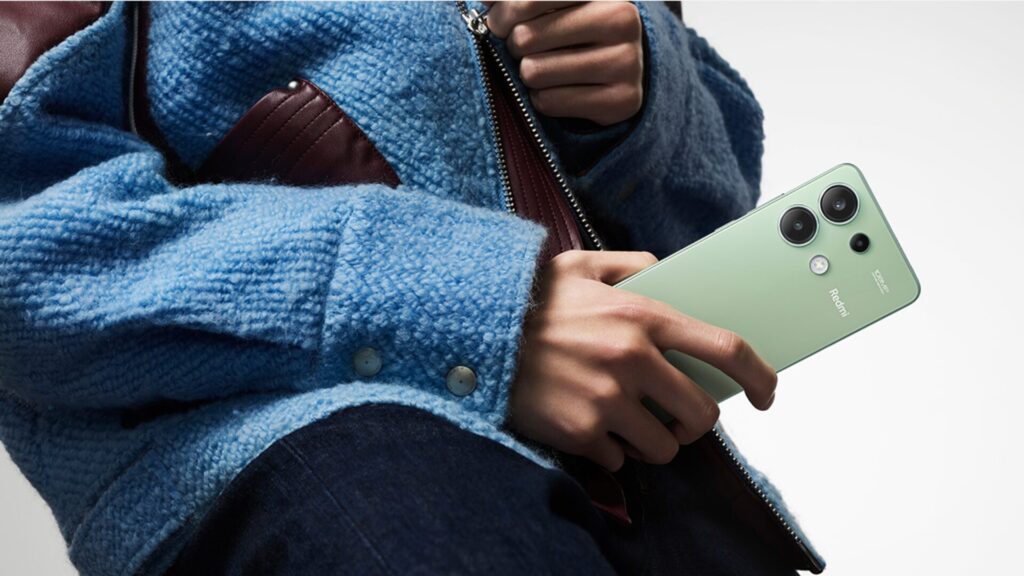
[Deal du jour] Xiaomi propose plusieurs smartphones et écouteurs de qualité, à des prix souvent abordables. Le récent Redmi Note 13 s'accompagne d'écouteurs Buds 4 Lite, dans ce pack en promotion chez La Fnac.
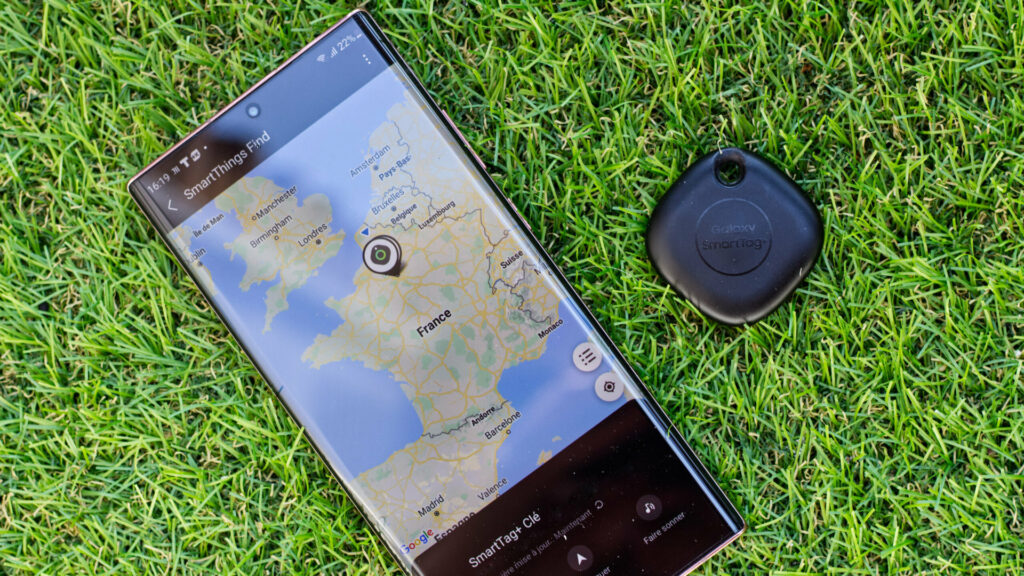
Trois ans après Apple, Google déploie à son tour un réseau décentralisé, alimenté par l'ensemble des smartphones Android de la planète. « Find My Device » peut retrouver un smartphone sans Internet et sans GPS, au même titre que des clés ou un vélo.
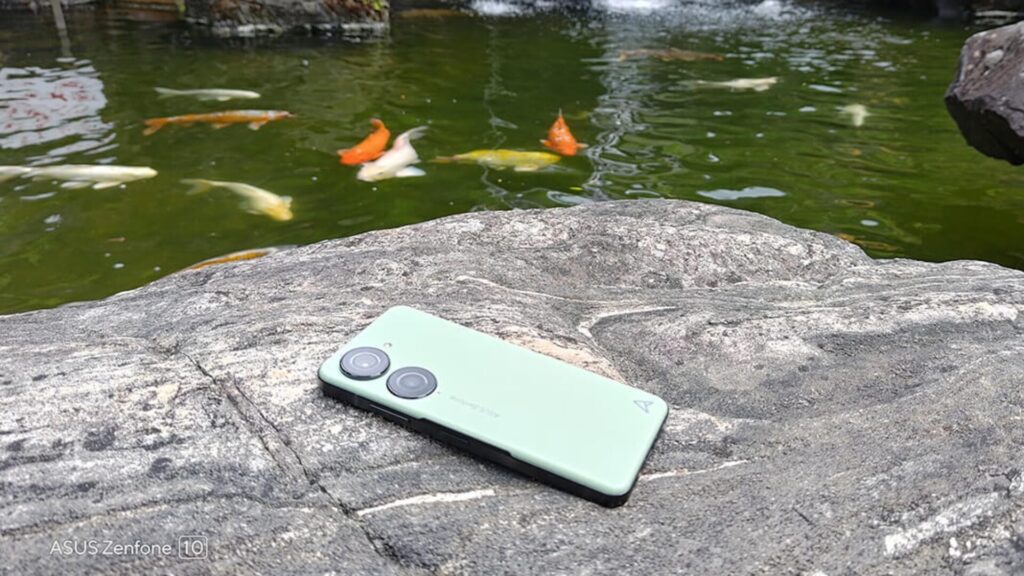
[Deal du jour] Si vous êtes allergique aux grands smartphones, ce modèle d'Asus est idéal. Le format compact du Zenfone 10 est agréable et il offre de plus de très bonnes performances. Un modèle qui vaut le coup lorsqu'il est en promotion.

L'application d'apprentissage Duolingo a reçu une grosse mise à jour, après avoir modifié l'apparence de son logo à l'effigie d'une chouette. Au menu : deux nouvelles disciplines.
Read more of this story at Slashdot.